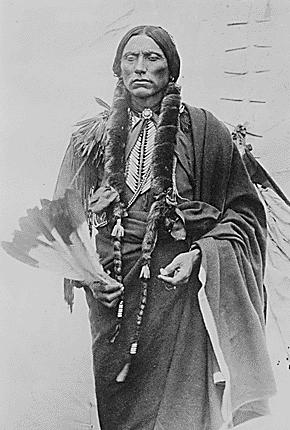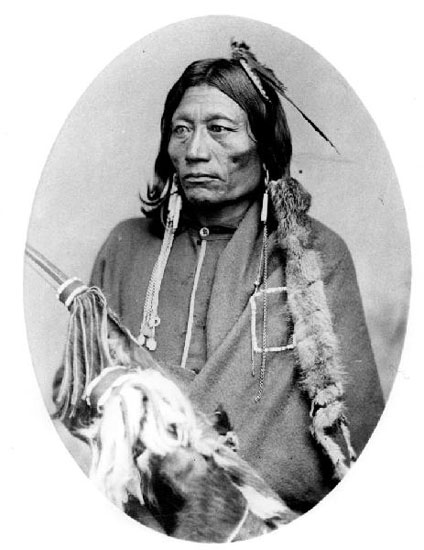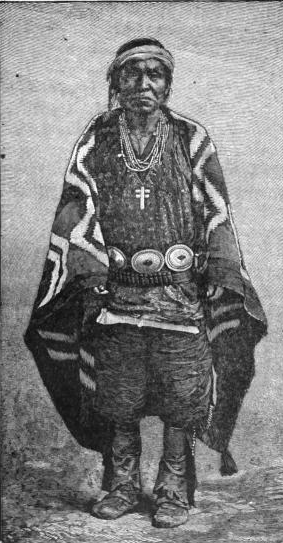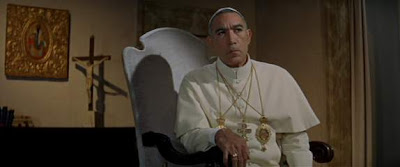The conclave of 1880 saw the election of the most liberal candidate to the papacy. Niccolò Cipollo, a priest who could claim descent from Africanus Scipio, was selected as pope and took the name Pius X. The elevation of the new pope was rife with controversy, however, and threatened a new schism in the Catholic Church. The Empire of Austria-Hungary attempted to use its traditional veto during the conclave, this despite the rulings during Pius IX's reign that secular powers would not be able to veto a candidate for pope. Austria-Hungary, however, used this as a pretext to claim that the papacy remained unfilled, and the Emperor directed the Austrian clergy that they would be under his protection and guidance until a proper pope could be chosen. Those clergy who would not pay obedience to the Austro-Hungarian crown were expelled from the nation. The Kaiser of Prussia-Poland followed suit immediately for his nation's Catholic clergy. Others would follow suit in the years to come, especially those who espoused Korsgaardian principles and saw this as a chance to bring the church under the control of the state.

Glen
Interesting that Prussia-Poland is willing to work with Austria on this rather than being rivals. Is their leadership not wishing to overtake the Hapsburg's as the dominant German power? Although that would be likely to be a deeply unpopular move in the Polish part of the state.
Steve



